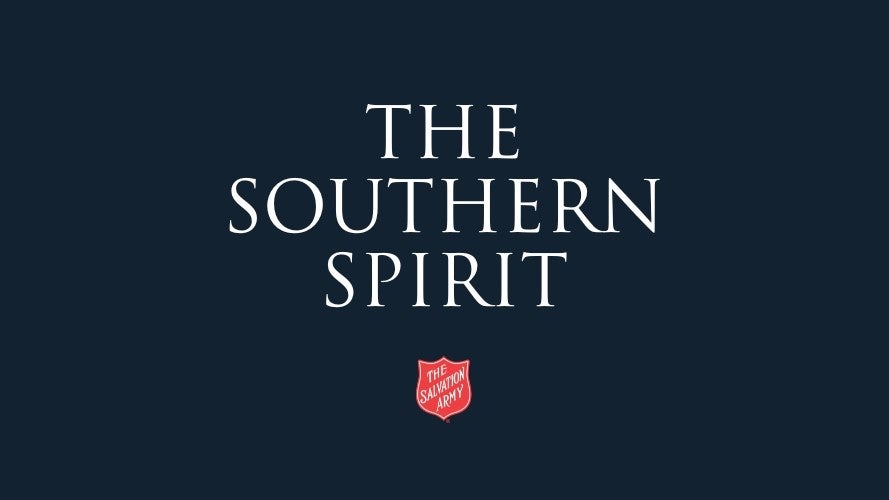Jubal's Lyre: Music for Teaching

In past articles we have looked at both the profound (Creation, Incarnation, Second Coming) and the “down to earth” references (Jacob and Laban, Miriam and her timbrel) to music in the Bible. In our broadly chronological journey, we now encounter a seemingly confused use of music as the Hebrews worship the golden calf, and then Moses turns to song as a teaching tool as God begins leading him and the Israelites into the establishment of formal worship.
How easily things turned and got confused at Mount Sinai. Joshua, up on the mountain with Moses as the latter is receiving the Ten Commandments, tells his leader he hears some kind of tumultuous celebration down in the camp of the Hebrews. Moses responds in Exodus 32:18, “It is not the sound of victory, it is not the sound of defeat; it is the sound of singing that I hear.” Well, what kind of singing? What kind of music? I imagine it was perhaps that same kind of music Miriam and friends were offering while rejoicing just a few days before. But what a change—music now for idol worship, perhaps music of the sort they had heard and even embraced in Egypt. After all, what models did they have, and who was helping them distinguish between the sacred and the profane, the sinful and the righteous?
Moses soon embraced a method that has been followed long afterward to instill understanding and knowledge—music as a teaching aid. In this particular instance, the sacred ideas become internalized via song. God commands Moses in Deuteronomy 31:19, “Now write down for yourselves this song and teach it to the Israelites and have them sing it, so that it may be a witness for me against them…” Several verses later we read, “And Moses recited the words of this song from beginning to end in the hearing of the whole assembly of Israel” (v 30). Chapter 32 holds even more. Moses understood the power of song, how pitch and rhythm aid in learning, a concept that has been utilized for centuries by parents, teachers, and so many others. Think about how we learned so many things through music as children. Maybe Moses was the first music educator!
We take for granted now the power of congregational singing – great hymns, praise songs, Sunday school choruses – what a great tradition and how helpful it is for our internalization of sacred thoughts, concepts, and ideas. We absorb so much in this way, and that is why we must be judicious in what we take into our brains via music. Music is such a powerful tool, not only in worship, but throughout our daily lives. Early on, the Lord made leaders like Moses keenly aware of this great tool, its power, and its dangers.
Our next reflection examines both the humorous and profound within our broad topic of music in the Bible. Does God need our music? Does He need to be reminded via music about us? And did the Hebrews like beer and sing about it? We’ll explore more in our next installment.